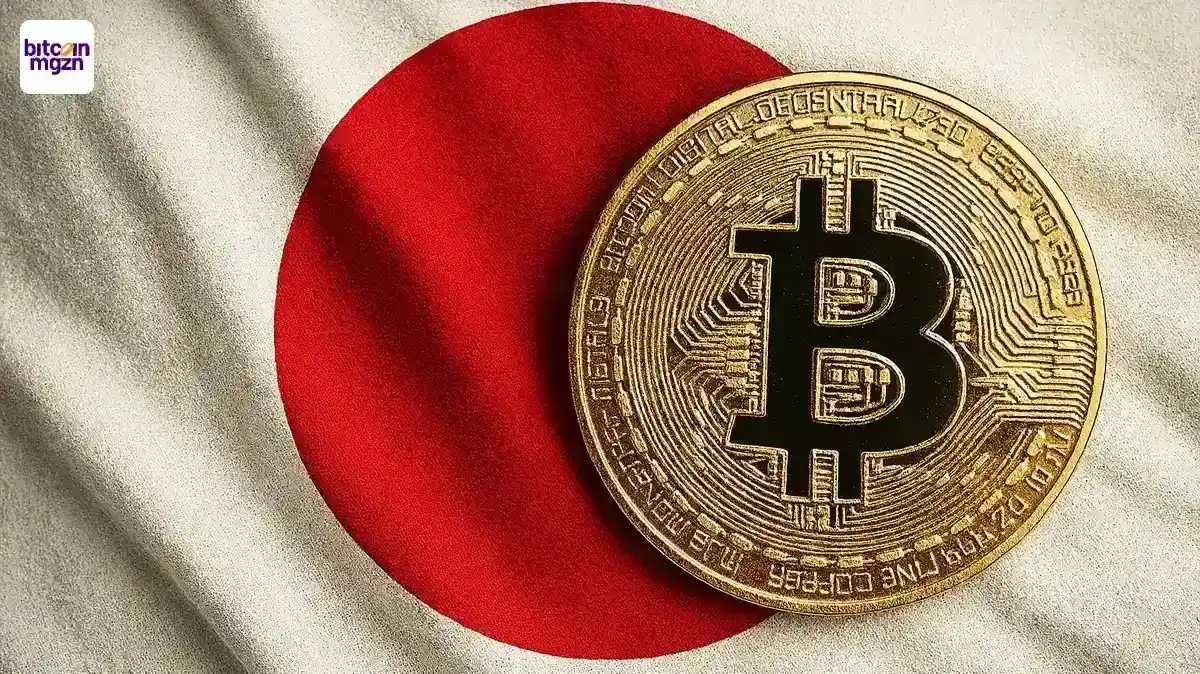Japan is on the brink of a transformative shift in its approach to cryptocurrencies, as the Financial Services Agency (FSA) prepares to implement significant reforms aimed at reshaping the digital asset landscape. This initiative, if successfully introduced by 2026, could elevate cryptocurrencies to the status of formal financial products, a crucial step in bridging the gap between traditional finance and the crypto sector.
Redefining Tax Policies for Equity
Presently, profits from cryptocurrency investments in Japan are taxed as miscellaneous income, imposing steep progressive rates that can exceed 50%. This stands in stark contrast to the fixed 20% tax rate applied to stocks and bonds. The FSA’s proposed reforms intend to align the tax treatment of cryptocurrencies with that of these established investment vehicles, presenting a more equitable financial environment for both retail and institutional investors.
Potential Gains for Investors
This new tax framework would not only introduce a consistent 20% rate for crypto gains but also enable investors to offset losses against future gains for up to three years. Such changes could invigorate the crypto market in Japan, enticing more investment from not just everyday traders but also larger financial institutions that are keenly observing the evolving regulatory landscape.
Institutional Engagement and Market Dynamics
The increasing interest in cryptocurrencies is reflected in recent studies. Research conducted by Nomura Holdings and Laser Digital reveals that over half of Japanese companies plan to allocate between 2% to 5% of their portfolios to crypto within the next three years. Meanwhile, an insightful study from the Cornell Bitcoin Club highlights that a significant 88% of Japanese citizens have never owned Bitcoin, indicating both an opportunity and a challenge for wider adoption.
A Gateway to New Financial Products
By classifying digital assets under the Financial Instruments and Exchange Act, the FSA could pave the way for the introduction of regulated financial products like Bitcoin Exchange-Traded Funds (ETFs). Such products would significantly lower barriers for pension funds and asset managers, providing them with safer avenues to enter the crypto market, a contrast to the somewhat chaotic atmosphere that followed the Mt. Gox incident in 2014.
Shifting Perceptions and Future Outlook
As discussions around these reforms unfold, the potential effects on the Japanese crypto market could be substantial. Analysts predict that the introduction of favorable tax structures alongside the anticipated launch of ETFs could lead to increased stability in the market, driving institutional investment. This aligns with Japan’s broader economic strategy under Prime Minister Kishida, aiming to stimulate growth through innovation and digital advancements.
A Leader in crypto Regulation?
Japan’s journey with cryptocurrencies has been tumultuous, marked by setbacks such as the Mt. Gox collapse that generated widespread skepticism. However, if the FSA advances these reformative steps, Japan could reemerge as a leader in crypto regulation, setting an example for other countries grappling with the complexities of integrating innovation into established economic frameworks.


